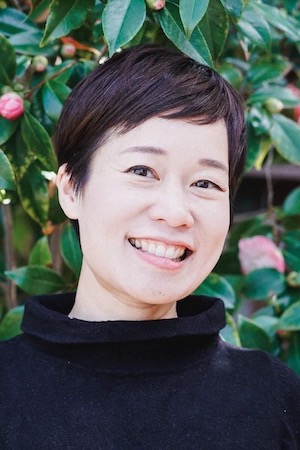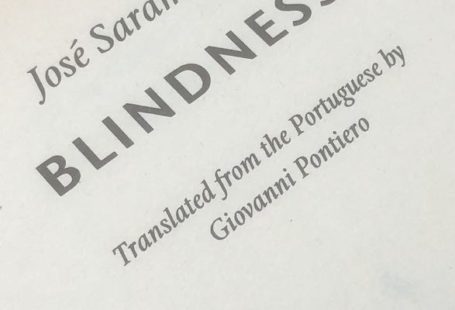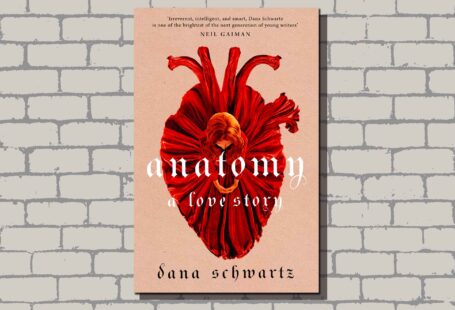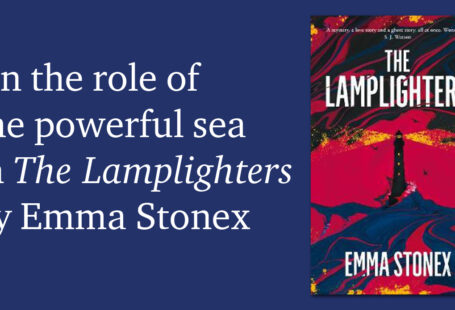New York Times best-selling novelist Yangsze Choo is fourth generation Malaysian of Chinese descent. Both of her novels — The Ghost Bride and The Night Tiger — include Malaysian-Chinese culture and folklore, along with the tropical and vibrant setting of Malaysia.
When Choo offered to answer book questions I was very excited, as so much about her writing and subject matter fascinates me. Choo’s work is thoroughly researched, and from the beginning of her novels she envelops you in the extraordinary worlds she creates.
I would like to thank Yangsze Choo for taking the time to answer my questions, and I really appreciate the depth she went into in her answers. It was so interesting learning about the background of her writing, and if you haven’t read any of Choo’s work yet, I highly recommend you do.
 LB: What inspired you to write The Night Tiger?
LB: What inspired you to write The Night Tiger?
YC: I’ve always been interested in old colonial houses in Malaysia, and try to visit them whenever I can. The whole layout of the house suggests stories: the way the servants’ quarters were situated away from the main house, the indoor/outdoor kitchens, and the beautiful lines and high ceilings. And of course, that type of house would be impossible to maintain in the tropics without lots of servants to support it — a sort of minor Downton Abbey of the tropics, if you will…
Also, when I was growing up, the few books I could find written about Malaysia were mostly from expatriate points of view. I read Somerset Maugham and his novels were seething with a kind of repressed drama. It made me wonder what the local perspective might have been — what did all those mistresses and servants know? So many secrets and mysteries, with the added romance of a 1930s setting. Agatha Christie was a big influence when I was a kid, so I couldn’t resist shoehorning in a murder mystery as well!
LB: Why do you choose to write about Malaysian-Chinese culture in your books? Did you feel you had any difficulties getting published as your work isn’t from a western perspective?
YC: That’s an interesting question. I didn’t actually plan, but simply ended up writing about what I knew and enjoyed, which was a lot of Malaysian history. Authenticity is important to me (I don’t think I’d be able to write convincingly about e.g. Argentina without having been there or having a personal connection), and my family comes from Perak, which I wrote about in the book.
When I was a child, we used to visit my grandparents in the Ipoh area fairly often, and the smell of the rain, the heat from the dusty roads, and the crumbling old colonial buildings that you could still find, really made an impression on me. It’s important to consider the story, and whether it inspires you. Also, the fun of reading is to live alternate lives through books. That’s always been true, e.g. the fascination of books like Twenty Thousand Leagues Under the Sea. I think that curiosity is always alive in readers. The appetite for diverse books is growing, and I hope that we’ll continue to see more novels that expand our universes.
The second part of this interview will appear next Wednesday.





Recent Comments